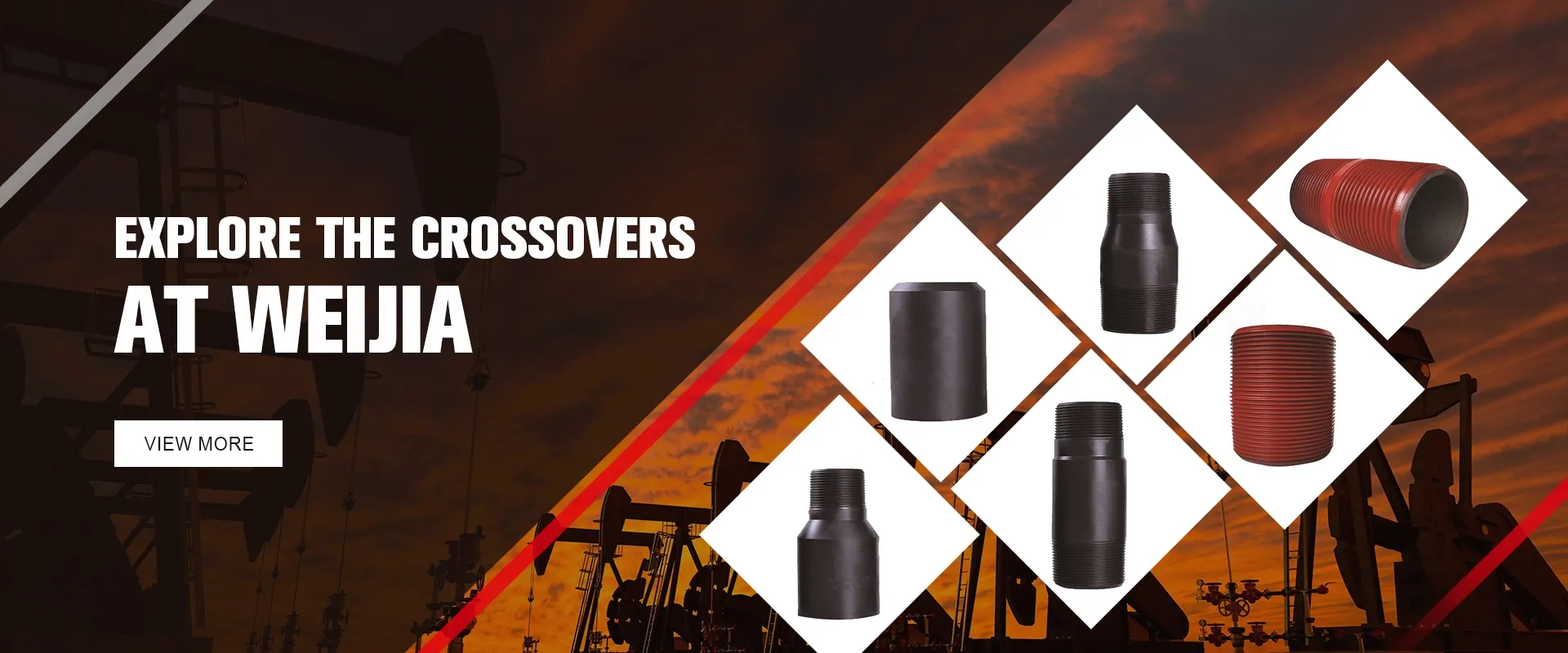- Afrikaans
- Albanian
- Amharic
- Arabic
- Armenian
- Azerbaijani
- Basque
- Belarusian
- Bengali
- Bosnian
- Bulgarian
- Catalan
- Cebuano
- Corsican
- Croatian
- Czech
- Danish
- Dutch
- English
- Esperanto
- Estonian
- Finnish
- French
- Frisian
- Galician
- Georgian
- German
- Greek
- Gujarati
- Haitian Creole
- hausa
- hawaiian
- Hebrew
- Hindi
- Miao
- Hungarian
- Icelandic
- igbo
- Indonesian
- irish
- Italian
- Japanese
- Javanese
- Kannada
- kazakh
- Khmer
- Rwandese
- Korean
- Kurdish
- Kyrgyz
- Lao
- Latin
- Latvian
- Lithuanian
- Luxembourgish
- Macedonian
- Malgashi
- Malay
- Malayalam
- Maltese
- Maori
- Marathi
- Mongolian
- Myanmar
- Nepali
- Norwegian
- Norwegian
- Occitan
- Pashto
- Persian
- Polish
- Portuguese
- Punjabi
- Romanian
- Russian
- Samoan
- Scottish Gaelic
- Serbian
- Sesotho
- Shona
- Sindhi
- Sinhala
- Slovak
- Slovenian
- Somali
- Spanish
- Sundanese
- Swahili
- Swedish
- Tagalog
- Tajik
- Tamil
- Tatar
- Telugu
- Thai
- Turkish
- Turkmen
- Ukrainian
- Urdu
- Uighur
- Uzbek
- Vietnamese
- Welsh
- Bantu
- Yiddish
- Yoruba
- Zulu
well casing coupler
Understanding Well Casing Couplers Essential Components for Oil and Gas Operations
In the oil and gas industry, the drilling process involves various complex components, each playing a critical role in ensuring the success of operations. One such essential component is the well casing coupler. While often overlooked in the broader context of drilling technologies, understanding the function, types, and significance of well casing couplers can greatly impact drilling efficiency and safety.
What is a Well Casing Coupler?
A well casing coupler is a mechanical device used to connect segments of casing pipes in oil and gas wells. The well casing itself is a series of steel pipes that are inserted into the drilled hole to prevent collapse, protect groundwater from contamination, and provide a conduit for oil or gas to flow to the surface. Casing couplers are essential for creating a continuous casing string, ensuring that the wells can withstand various subsurface pressures and environmental conditions.
Importance of Casing Couplers
Well casing couplers serve multiple vital functions. First and foremost, they ensure the structural integrity of the well. Given the high pressures involved in drilling operations, especially in deep wells, the couplers must maintain a strong and leak-proof connection between casing sections. This prevents potential blowouts, which can have catastrophic consequences.
Additionally, the couplers facilitate the drilling process itself. As drilling progresses, each new segment of casing must be added to the wellbore. Casing couplers allow for the quick and efficient connection of these segments, minimizing downtime and expediting operations. With the right coupling devices, drilling teams can maintain their pace, ultimately leading to more productive drilling campaigns.
Types of Well Casing Couplers
Casing couplers come in various designs to suit different applications. The most common types include
well casing coupler

1. Pin and Box Couplers These are among the most widely used designs. One end (the pin) has external threads, while the other (the box) has internal threads. This type is favored for its ease of assembly and reliability in creating a tight seal.
2. Slip Couplers These are used when it is necessary to join two pieces of casing without threading. Slip couplers allow for a degree of flexibility, which can be beneficial in certain drilling conditions.
3. Welded Couplers In some cases, couplers are welded directly to the casing pipes. This creates a permanent bond that can offer outstanding strength. However, this method is less flexible, as it requires more extensive procedures for disassembly.
4. Swaged Couplings These are shaped to fit tightly onto the casing, providing a snug fit. They are often used in more specialized applications where a robust connection is necessary.
Choosing the Right Casing Coupler
Selecting the appropriate coupler depends on various factors, including well depth, pressure, and the specific geological conditions encountered. Engineers and drilling teams must assess these factors in order to choose the coupler that will deliver optimal performance and safety.
Moreover, the manufacturing standards of well casing couplers are governed by industry regulations and best practices. Quality assurance during the production and inspection phases is crucial to ensure that the couplers meet the required specifications and can withstand the rigors of drilling.
Conclusion
Though they may not receive the same level of attention as other drilling technologies, well casing couplers are undeniably vital to the oil and gas industry. Their role in ensuring the integrity and efficiency of well operations cannot be overstated. As drilling technology continues to evolve, so will the design and application of casing couplers. By understanding their importance and functionality, industry professionals can make informed decisions that enhance operational safety and efficiency. Ultimately, effective use of well casing couplers contributes significantly to the success and sustainability of oil and gas exploration.
-
Tubing Pup Joints: Essential Components for Oil and Gas OperationsNewsJul.10,2025
-
Pup Joints: Essential Components for Reliable Drilling OperationsNewsJul.10,2025
-
Pipe Couplings: Connecting Your World EfficientlyNewsJul.10,2025
-
Mastering Oilfield Operations with Quality Tubing and CasingNewsJul.10,2025
-
High-Quality Casing Couplings for Every NeedNewsJul.10,2025
-
Boost Your Drilling Efficiency with Premium Crossover Tools & Seating NipplesNewsJul.10,2025







